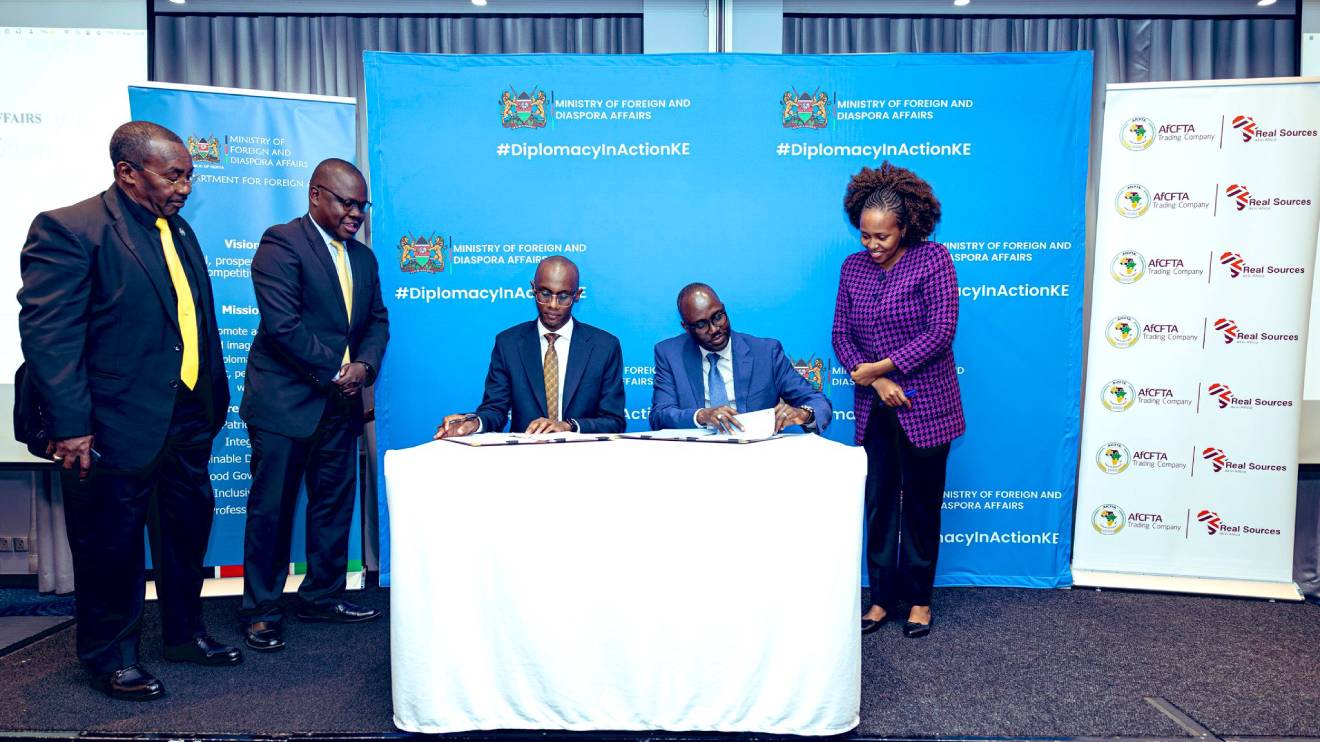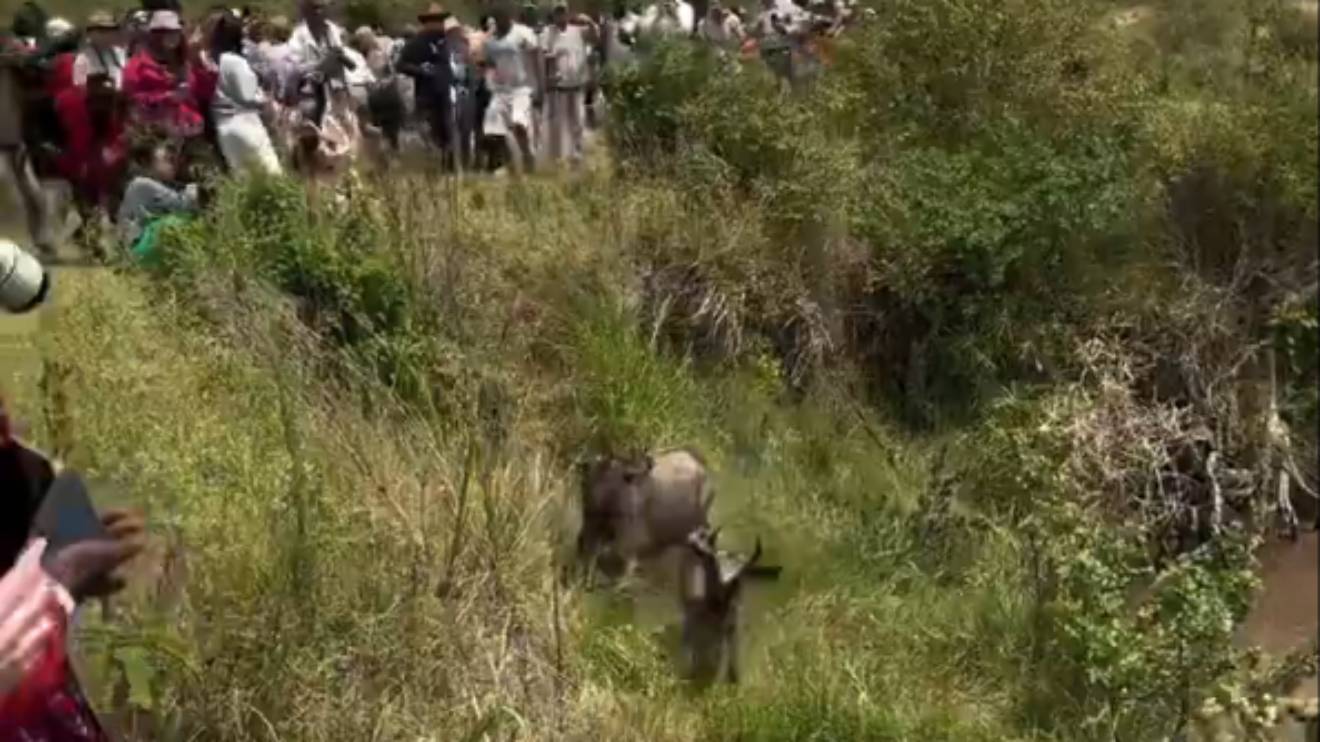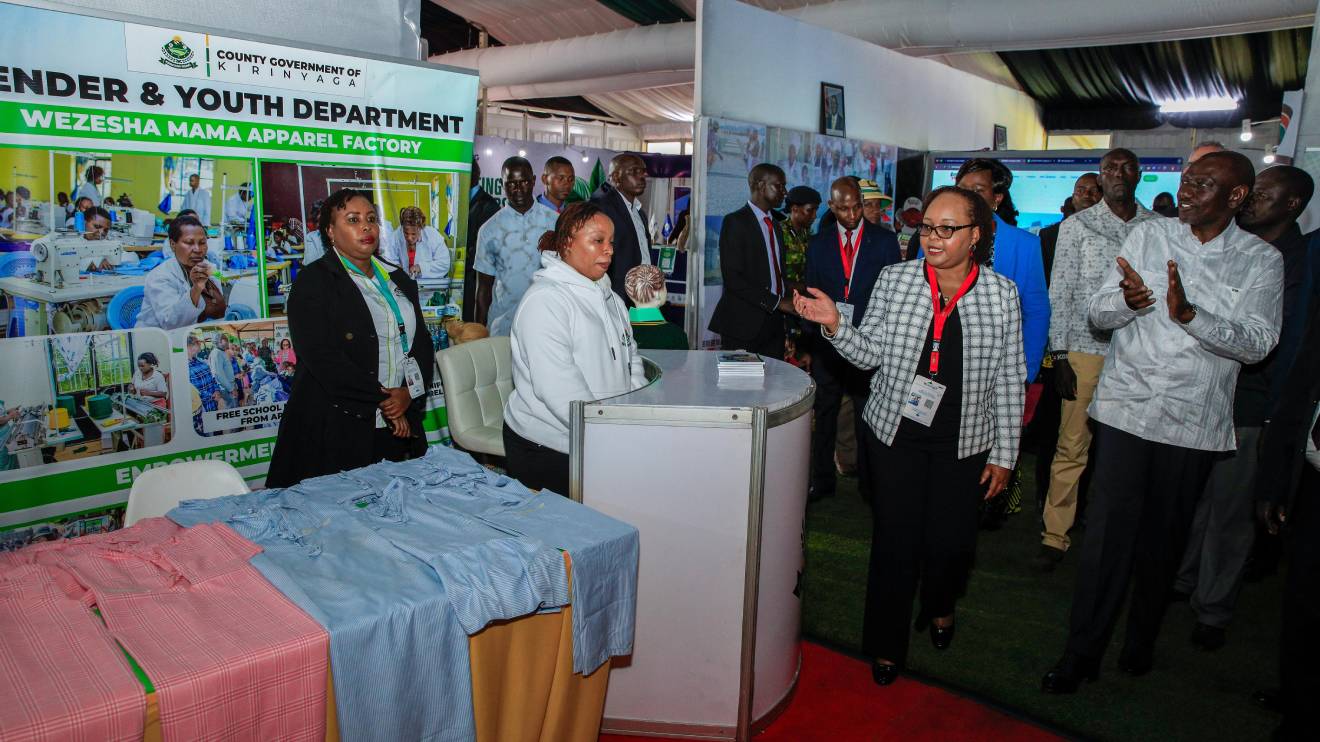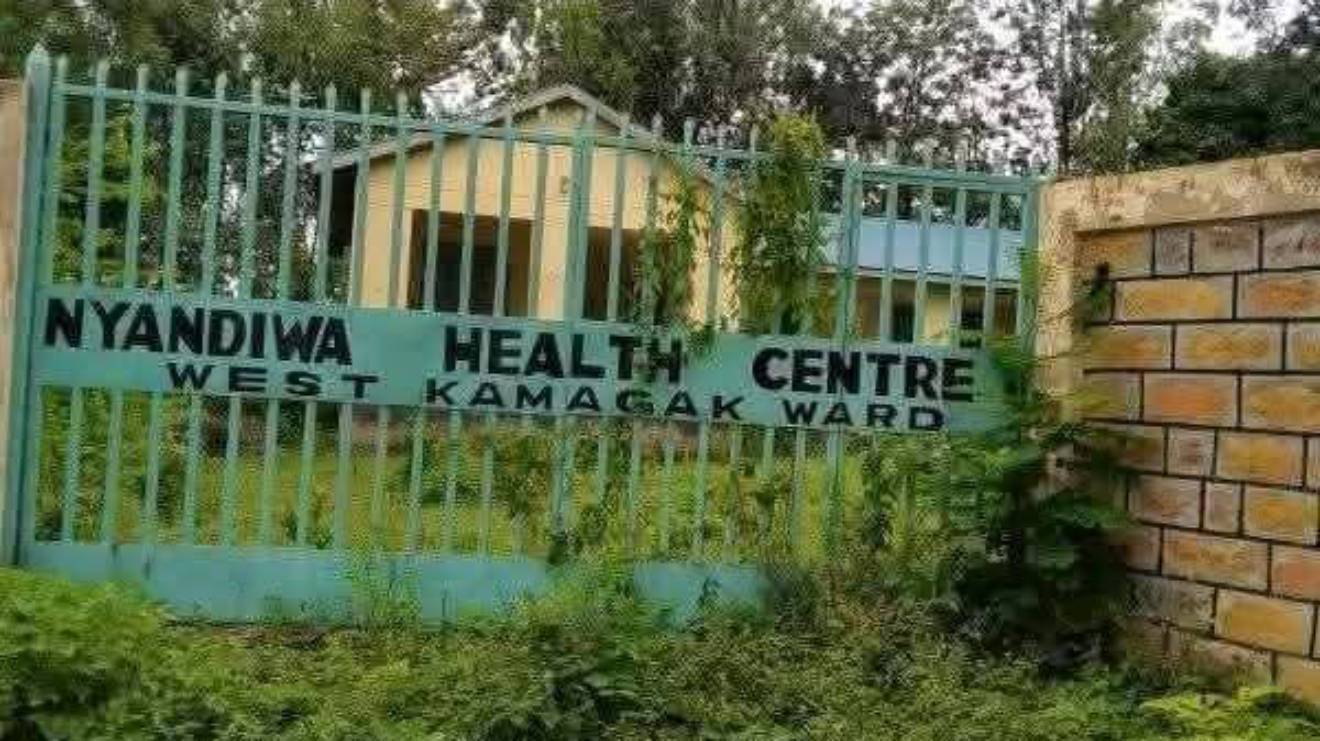The government has launched a new irrigation project in Migori County, aimed at improving agricultural productivity and mitigating the effects of climate change.
The project, funded by the Japanese government, will provide farmers with access to water, improved seeds, and training on modern agricultural techniques.
Principal Secretary Ephantus Kimotho CBS, accompanied by Japanese and Kenyan officials, officially launched the project at the Lower Kuja Irrigation Scheme in Nyatike.
The project, titled "Responding to Water-Related Disasters: Mitigating and Optimizing Excess Water in Migori County," will focus on constructing community water reservoirs, providing farmers with improved rice, green gram, and cowpea seeds, and creating jobs for women and youth.
Kimotho expressed the government's commitment to supporting the people of Nyatike and ensuring that they have access to markets for their produce, improved livelihoods, and agricultural productivity.
Read More
He said the project will help farmers shift away from rainfed agriculture and embrace irrigation as a more sustainable and resilient farming practice.
According to PS Kimotho, the Lower Kuja Irrigation project will increase rice production by 80,000 metric tons annually, helping to bridge the country's rice deficit.
He also announced that the government has released funds for compensation to farmers affected by the project, which is currently being processed by the National Land Commission (NLC).
The Japanese government, through the Japan International Cooperation Agency (JICA), has been a key partner in the irrigation project. JICA has funded the Thiba Dam, one of the largest dams being implemented under the Ministry of Water, Sanitation, and Irrigation.
The Food and Agriculture Organization (FAO) has also been involved in the project, providing support for data management, smallholder farmers, and climate-smart agriculture.

-1727339734.jpeg)








